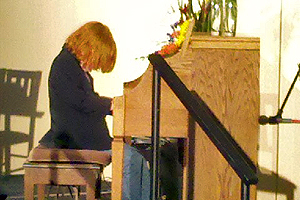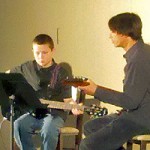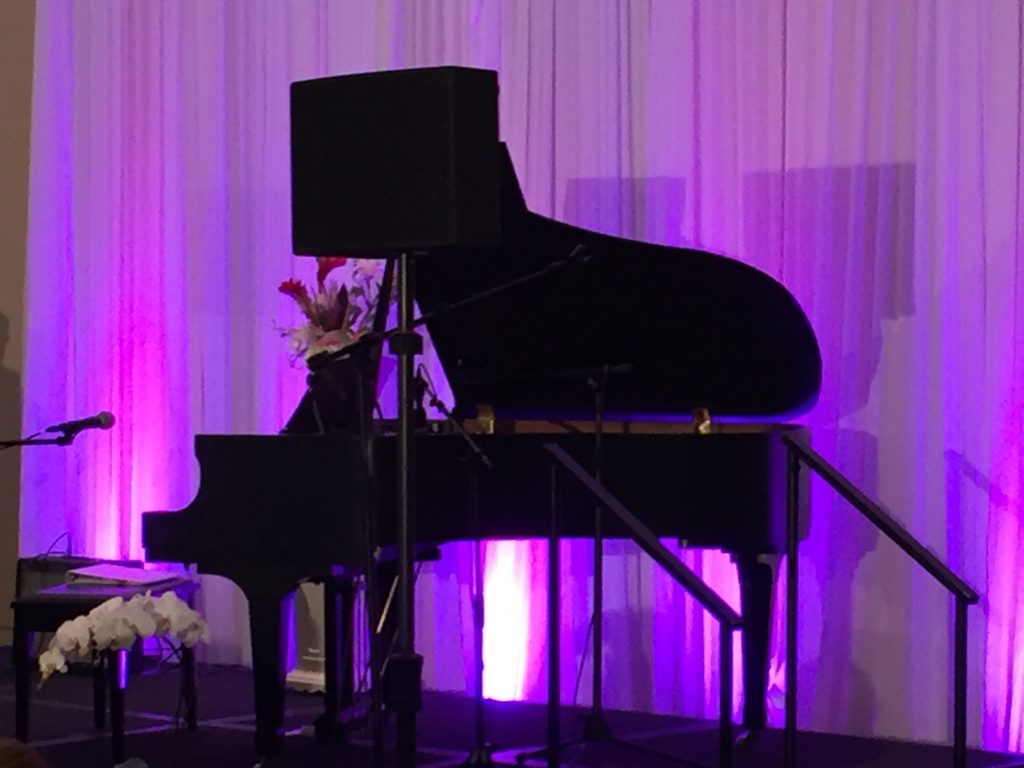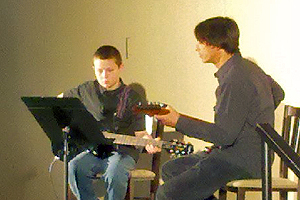June Music Blog 2023
Music Production
Thank you for stopping by to read our monthly music blog. At the Colorado School of Music we off your first lesson for just $10. We offer a large variety of instruction and most instruments. We offer piano lessons, guitar lessons, vocal lessons, voice lessons, violin lessons, viola lessons, drum lessons, percussion lessons, ukulele lessons, trombone lessons, tuba lessons, euphonium and other orchestral instruments. We have students come from Denver, Lakewood, Arvada, Wheat Ridge, Golden, Morrison and Evergreen. Please contact us at info@coloradoschoolofmusic.com or 303-526-9865 www.coloradoschoolofmusic.com
Today I’ll be discussing music production. Back in the day the only way to record your music was to go to a professional studio. When you went into a studio you had to make sure you what ever you were recording was very rehearsed as time was money. Hopefully everyone in the band was ready to step up and put on their best performance. This made going into the studio a high pressured situation. It was still a lot of fun but never new exactly what the finished product was going to sound like. You were at the mercy of the studio and the engineer. Today things have changed in a big way. Technology has made this possible. As most of you know you are now able to make a complete album on your laptop in your bedroom.
DAW – Stand for digital audio work station. There are many different companies that make their own version of a DAW. I’ve always been a Mac user and my favorite DAW is Logic Pro. I have used Cubase, Digital Performer and Pro tools to just name a few. For the most part each DAW works primarily the same. Each has its area of expertise. Most import is to get familiar with one and learn how to use it inside and out. The better you know how to use your tool (DAW) the better and fast result you will achieve.
Back in the day hardware was the only way to upgrade your recording studio and it was at a very high expense. Today again thanks to technology there are just about every version of hardware now as a plugin. A plugin is basically an app that emulates a piece of hardware. This has created the ability to acquire hardware sounds with a digital plugin. This has been a game changer. In the past you would have had to spend 10 of thousands of dollars to get the gear the pro studios used. Not the case anymore. For example to buy a SSL 8 channel console would cost about 12 thousand dollars. I purchased the digital version for $29.00. Almost hard to believe. Yes they sound almost the same. If you get online you can find many comparison videos. Even the music producers that have spend 100’s of thousand of dollars are working primary in the box. In the box means there is no external hardware being used. A couple companies to check out regarding plugins would be Universal Audio and Plugin Alliance.
Today is the best time in the history of humanity to make a killer recording in your bedroom. Of course there are a lot of other things to consider to get the absolute best product of a song. First and most import may be the performance of the recording. You’re microphones and converters would be next most important. Today there are a lot of companies that make these different components at a good price. So get going and get yourself a DAW a digital interface, great microphone and a few of these cutting edge plugins and record your own album!
Please contact us to come in for your $10 introductory music lesson from one of our great instructors or myself to learn further about music. We offer guitar lessons, piano lessons, drum lessons, violin lesson, Ukulele lessons, vocal lessons as well as some orchestral instruments and more.






